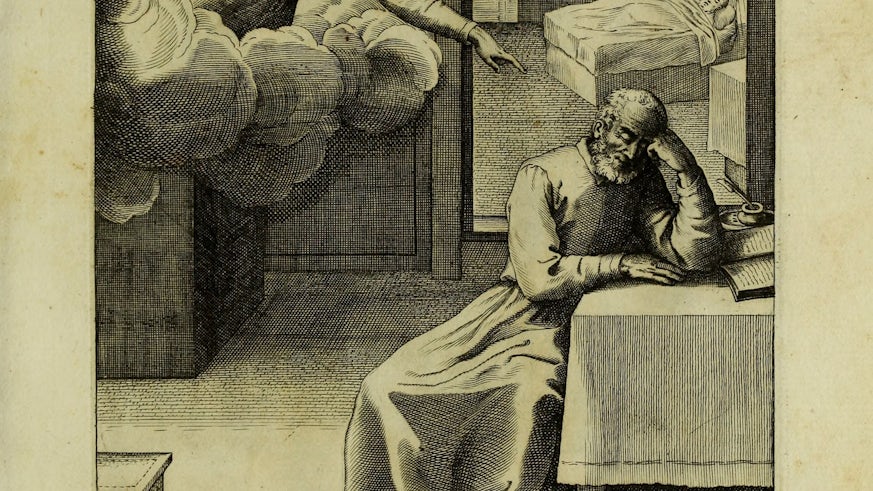New project examines early modern Catholicism between Rome and its northern heartlands
13 November 2018

Cardiff historian to make accessible the letters of four key sixteenth-century figures in Rome
Lecturer in Early Modern History Dr Jan Machielsen is to catalogue the correspondence of key figures in a three-month period thanks to a British Academy and Leverhulme research grant.
Author of Martin Delrio: Demonology and Scholarship in the Counter-Reformation, Dr Machielsen is undertaking the work in preparation for a future book exploring the relationships between Roman scholars and those based in Catholicism’s border regions the from 1550-1620.
The four Italian subjects are humanist and historian Fulvio Orsini (1529-1600), Vatican librarian Guigliemo Sirleto (1514-1585), cardinal and ecclesiastical historian Cesare Baronio (1538-1607) and theologian Archbishop Roberto Bellarmine (1542-1621), representing two generations of Catholic scholarship.
Their correspondence will give valuable new insights into how the Catholic Church responded to the Protestant challenge and how it changed in the process.
Historians have traditionally treated the Catholic response to the Protestant Reformation as an institutional response, of popes, bishops and inquisitors argues the historian. But this ignores that much of the intellectual response to Protestantism emerged far from Rome, in border areas like the Southern Netherlands and among English Catholic exiles. These were not institutional responses but based on the initiative of individual authors.
Dr Machielsen explains the wider significance of his approach: “Can you be Catholic and oppose the pope? Is it possible to be holier than the pope? These are apt questions for Catholicism today, with Pope Francis being denounced and undermined by Catholic conservatives within and outside the Church hierarchy. But they are perhaps even better questions to ask of sixteenth-century Catholics, when Protestants denounced them as papists for their supposedly blind obedience to the Bishop of Rome.”
“Authors working in the borderlands really were in awe of Rome, its splendour and its libraries. They were the foot soldiers engaged in her defence. But they were also worried. What if Rome did something they did not approve of? Reform traditions, concede ground to the heretics, or do away with local saints that are important for their local area? The correspondence of these four Roman scholars give us a real insight in how these opposing emotions worked in real life, and they can tell us much about how Catholicism changed in the process.”
Based at the British School in Rome, Dr Machielsen will catalogue the letters held in the archives of the Vatican Library, the Gregoriana University, and the Biblioteca Vallicelliana, making them accessible through Early Modern Letters Online in summer 2019.
Fellow of the Royal Historical Society, Dr Jan Machielsen is particularly interested in the fields of early modern cultural, religious and intellectual history. His undergraduate teaching includes the third-year module Witchcraft and Witch-Hunting in Early Modern Europe and the second-year module Spain and the Conquest of the Americas.
His future book Making a Church Ever the Same: Catholicism between Rome and the Borderlands, c1550-1620 will raise wider philosophical questions about the ways individuals, past and present, reconcile their beliefs with a faith in entities much larger than themselves.
